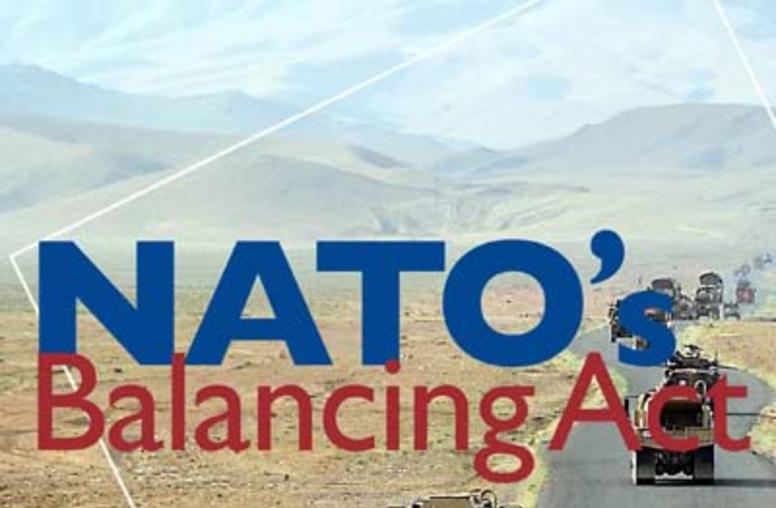Serbia Still at the Crossroads

Summary
- Serbia today represents an opportunity more than a problem: democratization coupled with economic recovery would allow resolution of remaining issues throughout the Balkans.
- Since January 2001, a lot has been achieved, especially in economic reform, but political and institutional changes are just beginning and many of the major reform challenges Serbia faces remain unmet.
- The competition between Yugoslav president Kostunica and Serbian prime minister Djindjic reflects a deep division over the direction of reform, the concept of the state, and Serbia's past and future.
- In an established democracy, rivalry between a more principled, nationalist pole and a more pragmatic, reformist pole might provide balance and check political extremism; but in a fledgling democracy with an autocratic legacy, it has hindered the democratic transition.
- The Yugoslav Federation is largely nonfunctional but nevertheless inhibits reform; the Serbian Republic is the de facto governing authority and engine for reform in Serbia, but the political struggle within DOS is a serious distraction.
- Major obstacles to reform reside in the police, army, state security services, the Montenegrin participants in the federation government, and other former pillars of the Milosevic regime's power.
- Further progress in Serbia requires clarification of the status of the Yugoslav Federation, political calm in Kosovo, an effort to rid the Yugoslav and Serbian state organs of those responsible for past abuses and war crimes, and cooperation with the International Criminal Tribunal for the former Yugoslavia (ICTY).
- The transition to democracy in Serbia will take time. Occasional setbacks are inevitable. Powersharing will inevitably give way to competition at the polls between forces led by Kostunica and Djindjic.
- The international community should refrain from taking political sides but should continue to push for reform. Using economic and other incentives, the United States and the European Union can contribute to the acceleration of social, political, and economic transformation in Serbia.
About the Report
This report examines Serbia's rocky road to reform from January 2001, when the 18-party Democratic Opposition of Serbia (DOS) took power, until the beginning of 2002, when it remained in power but had lost active participation of Yugoslav president Vojislav Kostunica's party. The report was prepared before the European Unionbrokered agreement between Serbia and Montenegro and before the Yugoslav Army arrest of a Serbian deputy prime minister. The report is based on a series of public and private discussions at meetings of the USIP's Balkans Working Group over the previous six months as well as on several visits to Serbia. Contributors to the discussions included prominent Yugoslav and Serbian officials as well as a dozen U.S.-based analysts and commentators. None of them is responsible for this report, which was prepared by Vladimir Matic under the direction of Balkans Initiative director Daniel Serwer.
Vladimir Matic has been a visiting professor of international relations at Clemson University since 1996. He has published papers and articles, has lectured widely, and has been a consultant to a variety of government and non-governmental institutions. Matic served as a Yugoslav diplomat and is a former assistant federal minister for foreign affairs.
The views expressed in this report do not necessarily reflect those of the United States Institute of Peace, which does not advocate specific policies.



